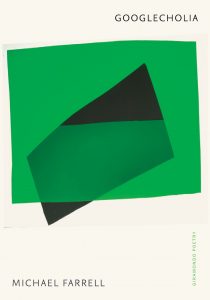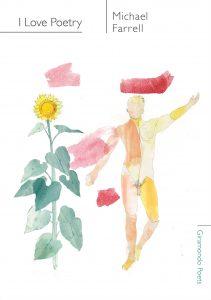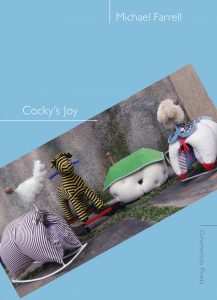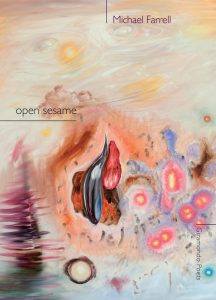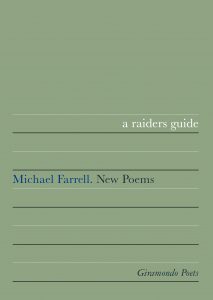128 pages
Paperback, 21 x 14.8 cm
Published April 2020
ISBN 9781925818406
The poems in Michael Farrell’s Family Trees operate according to a queer and inclusive logic, which binds humans, animals, objects, plants and concepts in familial relationships. The poems model contact through affection, sharing, and attention – sometimes violent attention. They tell strange stories – tall tales from the country, rambling reminiscences, shaggy-dog stories – which speak of shifting realities and weird and wonderful things, the coffin with legs that walked, an infertile rabbit that fosters a lamb, robots hunting in Kenya for the little white lion of Tokyo, an argumentative sock-puppet, marsupial geese and singing worms, and Pope Pinocchio, who thinks his heartbeat powers Italy. The characters in these scenarios are quite at home – they think, gossip, sleep and work. They construct ancestries and genealogies. A phrase, a detail, an object can act like a hinge, sending them in a hundred directions. Anything can be a twig (or bud or leaf or fruit) on Farrell’s family trees.


